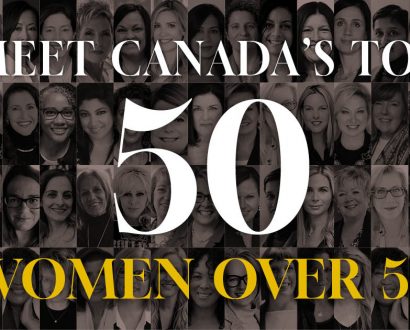When you consider the characteristics of great leaders, being fair doesn’t usually top the list, or even rate a mention.
However, fairness is an innate human trait. We are acutely attuned to when we feel we are being treated fairly or otherwise. Indeed, this starts from a very early age with the inevitable child’s wail of ‘That’s not fair!’.
This need for fairness carries into our adult years and into the workplace.
Fairness is instinctive
Sarah Brosnan and Frans de Waal of Georgia’s Emory University in the US, examined the behaviour that arises when primates (our closest-related species) witness equal and unequal rewards being given.
Their findings were published in Nature magazine in 2003 as ‘Monkeys reject unequal pay’. Their research on brown capuchin monkeys found that the animals became agitated and refused to perform a task when they could see another monkey receiving a better reward for doing the same task.
This plays out in the work environment all the time, particularly with pay, and reward and recognition schemes. Team members may be very happy with their remuneration until they discover their colleague, who they believe works less than them, gets more.
Impacts motivation levels
While pay and rewards aren’t the ultimate motivational driver, they are a demotivator. People compare themselves with others in terms of outcomes (benefits and rewards) and inputs (effort, time expended, skill level and ability).
People don’t want to be unfairly treated. If a person believes they work harder than someone else, and yet they are paid less, they’ll be unhappy. While we would commonly see this as fairness, in research terms it is known as equity theory.
As Furnham and Taylor, in their book Bad Apples: Identify, Prevent & Manage Negative Behaviour at Work, state: “Equity theory is concerned with outcomes and inputs as they are perceived by the people involved, not as they actually are.”
What happens in practice is that the greater the perceived inequity, the greater the motivation for the person to try and find a way to restore the balance. How they do this will vary, but it can lead to an employee being less productive, taking more sick leave or committing fraud as the person tries to find a way to fix the inequity.
Manage perception and reality
The challenge is that what is fair or unfair is based on an individual’s interpretation of what’s happening, so perception plays a large part in a person’s view.
Regardless of the merit (or otherwise) of that perception, the outcome is a sustained impact on a person’s motivation and the team’s morale.
As a leader, you play a key role in ensuring that the amount your team members are paid is fairly distributed, and that people are fairly recognised for their efforts.
Great leaders can see value in the difference each team member brings, and to recognise that each person is unique and therefore has different needs. They work to bring out the best in each person, and do so in way that makes people feel valued, respected and fairly treated.
As the respected American journalist, Brit Hume, said: “Fairness is not an attitude. It’s a professional skill that must be developed and exercised.”
Michelle Gibbings is a change leadership and career expert and founder of Change Meridian. Michelle works with leaders and teams to help them get fit for the future of work. She is the author of Step Up: How to Build Your Influence at Work and Career Leap: How to Reinvent and Liberate your Career. For more information: www.michellegibbings.com or contact michelle@michellegibbings.com.







